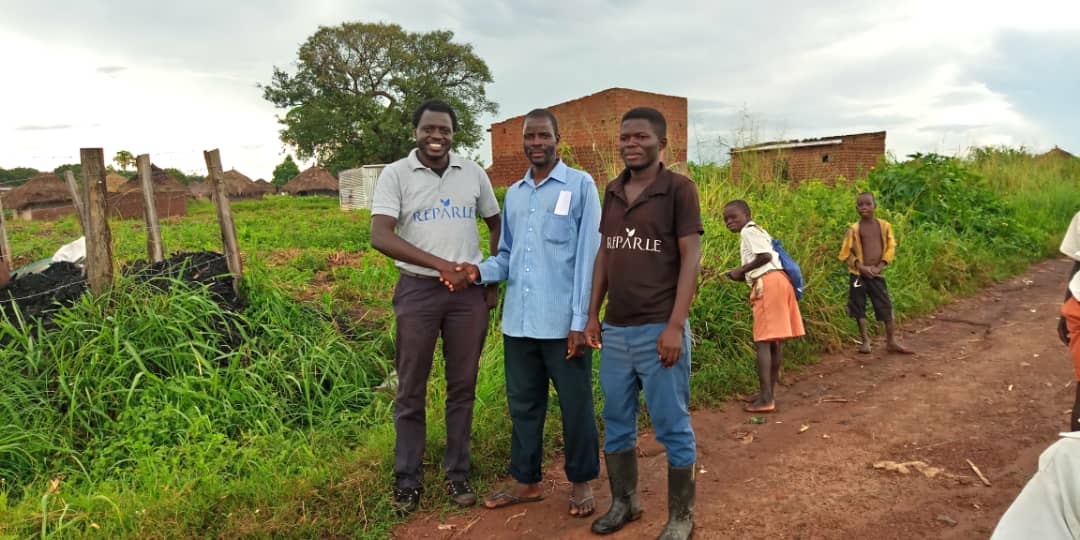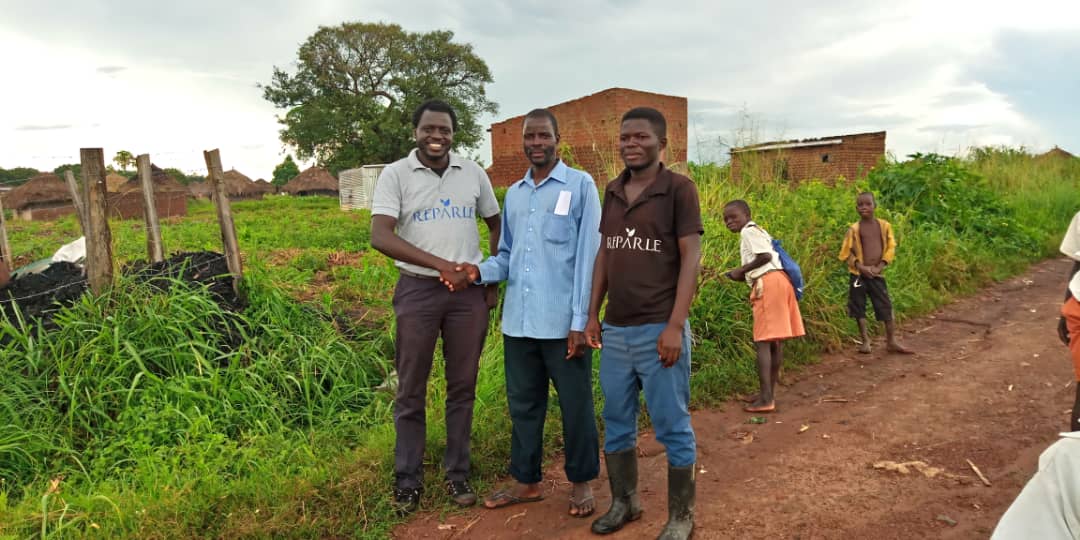Repairs complete & preparing for production in Uganda
In October, final repairs for the briquette machines were completed and five contracts were signed with mills in Olwiyo, Uganda, to supply the agricultural waste necessary for the machines

In the last update, I mentioned the successful tests of the briquette machines shipped in from the UNHCR—they required some repair, but the engineers on the Mandulis Energy team got the job done!
Just this last month in October, final repairs for the briquette machines were completed and five contracts were signed with mills in Olwiyo, Uganda, to supply the agricultural waste necessary for the machines.

With the machines ready for full-scale production and plenty of agricultural waste to feed in, this means we're ready to go live! Production starts in November, and the first Gold Standard carbon credits will be retired under Wren's name soon after. Here's a personal note from the project manager of Clean Cooking Fuel for Refugees:
"A huge THANK YOU to all our supporters on Wren - it would have been very hard for us to get this project off the ground so quickly without your continuous belief in our mission. Thank you again, or as we say in Northern Uganda... Apwoyo!"
Once the machines go live, here's how the project will operate:
- Farmers send their corn cobs, rice husks, and other waste to Mandulis
- Special machines process the waste into briquettes
- Instead of clearing forest for firewood, refugees burn these briquettes with efficient stoves for warmth and cooking
For now, Mandulis can host 2 briquetting machines in their existing warehouse. This is enough to start serving refugee families. However, in order to serve all the refugees they'll need more space. They just signed a deal to purchase additional land to build their warehouse. It will take some time but the additional space will help them serve the 192,000 refugee families living in Northern Uganda (and prevent 1 Million tons of CO2 from entering the atmosphere).

